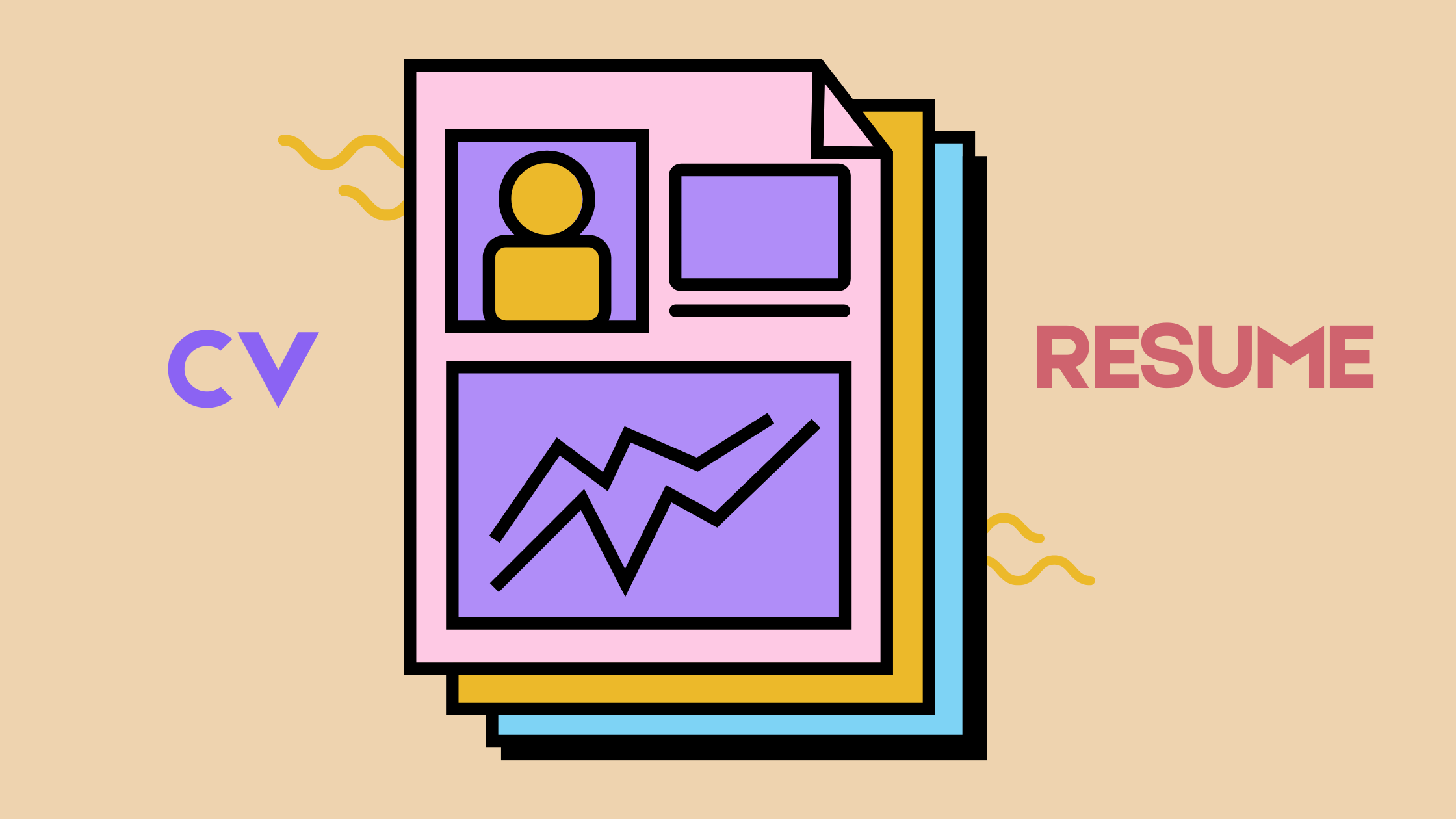Should You Put Your Availability on Your Resume?

Wondering whether to state your availability on your resume? This guide breaks down the rare times you should and the many reasons you probably shouldn't.
The General Rule: Why You Should Probably Leave It Off
For most full-time, permanent roles, the golden rule is simple: don't put your availability on your resume.
Hiring managers and recruiters operate on a standard assumption—that you’ll need to give a typical notice period (usually two to four weeks) after accepting an offer. Including your availability is often unnecessary noise on a document where every word counts.
Here’s why it can do more harm than good:
- It Adds Clutter: Your resume has one primary job: to prove you are qualified for the role. Every line should be dedicated to showcasing your skills, experience, and accomplishments. Your start date is a logistical detail that comes later in the process.
- It Can Date Your Application: Imagine a recruiter finds your resume a month after you submitted it. If it says “Available Immediately,” it might unintentionally signal that you’ve been job hunting for a while, which can (unfairly) create a negative impression.
- It Can Screen You Out Prematurely: If a company needs someone to start next week, but your resume says you’re not available for another six weeks, you might be filtered out before you even get a chance to discuss the role. The interview is the perfect place to negotiate timelines.
Your resume is your highlight reel, not your daily planner. Once you've crafted that powerful summary of your career with tools like resumost —you can then decide if adding this one extra detail is truly necessary.
The Exceptions: When Including Your Availability is a Smart Move
Of course, rules are made to be broken. There are a few specific scenarios where stating your availability is not only acceptable but strategic.
The Job Ad Specifically Asks for It
This is the most important exception. If the job posting says, “Please state your availability in your application,” then you absolutely should. Ignoring a direct instruction is a surefire way to show you don’t pay attention to detail.
You're Applying for Part-Time, Casual, or Contract Work
For roles that aren't a standard 9-to-5, your availability is a core qualification. A cafe hiring for weekend shifts needs to know you can work weekends. A company seeking a temporary contractor for a 3-month project needs to know you’re free for that period.
In these cases, your availability isn't just a logistical detail—it’s central to your ability to do the job.
You Have a Non-Standard Start Date
Are you a student graduating on a specific date? Or perhaps you’re relocating and will be ready to work as soon as you arrive in a new city? If your start date is fixed and relevant, a brief mention can be helpful.
Example: "Available for full-time employment beginning June 1, 2024."
This also applies if you are available to start much sooner than the typical two-week notice period. A simple "Available Immediately" can be a selling point for employers looking to fill a role quickly.
You Have an Unusually Long Notice Period
If you're in a senior role or have a contract that requires you to give more than a month's notice, it can be courteous to mention it. This manages expectations from the start. A simple note like "Subject to a 6-week notice period" is all you need.
How to Word Your Availability (When You Do Need It)
If you've decided that your situation fits one of the exceptions, here’s how to add it without cluttering your resume:
- Keep it Brief: This isn’t the place for a novel. A short, professional line is perfect.
- Place it Wisely: Add it to the very top of your resume, near your name and contact information.
Pro-Tip: The best place for discussing availability is often the cover letter. It’s a more conversational document where you can explain your situation in a full sentence, like: “I am finishing my current project in mid-July and would be available to start a new role from August 1st.”
Good Examples for a Resume:
Available ImmediatelyAvailable from August 15, 2024Available for part-time work (20 hours/week)Seeking casual weekend and evening shifts
The Bottom Line
Think of it this way: your resume is for your qualifications, while the interview is for the logistics.
When in doubt, leave it out. Focus on creating a powerful document that makes a hiring manager eager to talk to you. Once you’ve captured their interest, you’ll have the perfect opportunity to discuss start dates, schedules, and all the other details that lead to a great new job.
© 2025 Resumost.
We love that you're reading our work! Please note that this content is our own. If you'd like to share or re-post it, please reach out to us for permission first. Unauthorized scraping of this site is not permitted.


